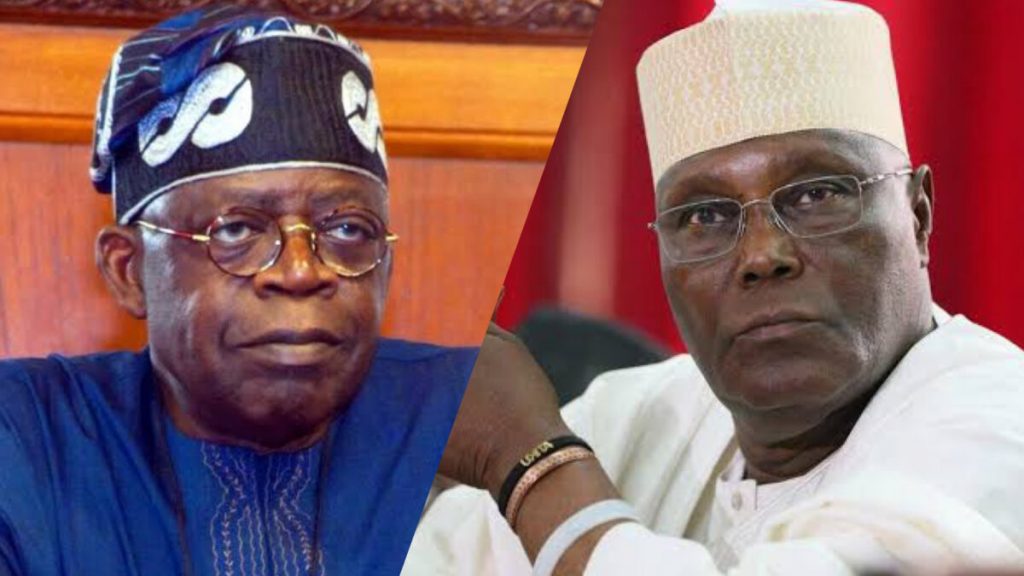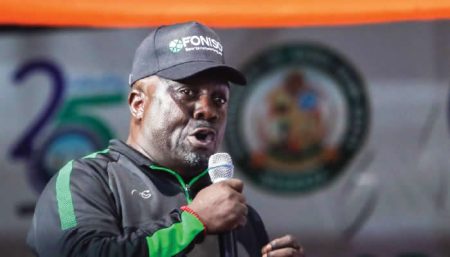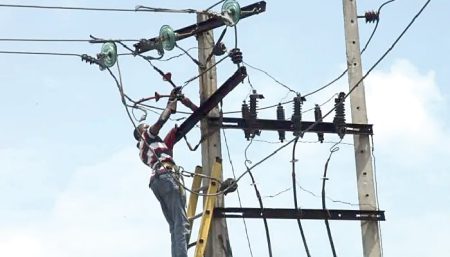Atiku Abubakar, the former Vice President of Nigeria, has launched a scathing critique of the security framework implemented by President Bola Tinubu’s administration. He characterizes the current security apparatus as a catastrophic failure, responsible for the relentless cycle of killings that has gripped the nation. Atiku emphasizes the pervasiveness of this insecurity, highlighting its spread across the country and the alarming frequency of violent incidents, many of which fail to even garner media attention due to their sheer commonality. This grim reality, he argues, is forcing a sense of desensitization upon the Nigerian populace, who are becoming tragically accustomed to news of bloodshed and loss. He specifically cites recent attacks in Plateau State’s Bokkos Local Government Area as a stark example of this escalating crisis, offering condolences to the grieving communities and families.
Atiku’s condemnation extends beyond mere observation; he urgently calls for a comprehensive overhaul of the nation’s security architecture. He stresses the imperative for President Tinubu to take decisive action, urging a fundamental reconfiguration of the country’s security approach. This restructuring, he emphasizes, must prioritize the protection of lives and property, a fundamental responsibility currently being neglected. The former Vice President’s critique underscores a growing national concern over the escalating violence and the perceived inadequacy of the government’s response.
The heart of Atiku’s argument lies in the assertion that the current security structure is fundamentally flawed and incapable of addressing the complex security challenges facing Nigeria. He points to the increasing frequency and geographic spread of violence as evidence of this failure. The fact that many killings go unreported, lost in the overwhelming tide of violence, further underscores the scale of the crisis and the government’s inability to effectively monitor and respond to these incidents. This, coupled with the growing public apathy towards such news, paints a deeply troubling picture of a nation struggling to cope with pervasive insecurity.
Atiku’s call for a reconfiguration of the security architecture suggests a need for more than just incremental changes. He advocates for a fundamental shift in strategy, likely involving a reassessment of security priorities, resource allocation, and operational methodologies. This might include strengthening intelligence gathering capabilities, improving inter-agency cooperation, and enhancing the training and equipment of security forces. Furthermore, it could entail addressing the root causes of violence, such as poverty, unemployment, and ethnic tensions, through targeted social and economic programs. The urgency in Atiku’s plea reflects the gravity of the situation and the need for immediate and decisive action to stem the tide of violence.
The escalating violence across Nigeria has a profound impact on the nation’s social fabric. The constant fear of attacks disrupts daily life, hinders economic activity, and displaces communities. The psychological toll of witnessing or experiencing violence is immense, leaving lasting scars on individuals and families. Furthermore, the persistent insecurity erodes trust in the government and its ability to provide basic safety and security, potentially leading to social unrest and further instability. Atiku’s emphasis on the need to protect lives and property underscores the fundamental importance of security for individual well-being and national development.
The security challenges facing Nigeria are multifaceted and complex, requiring a comprehensive and multi-pronged approach. Addressing these challenges effectively necessitates strong leadership, political will, and collaboration among various stakeholders. It also requires engaging with communities, understanding their specific security concerns, and tailoring responses to local contexts. Atiku’s critique serves as a wake-up call, highlighting the urgent need for a renewed focus on security and a comprehensive strategy to protect the lives and well-being of all Nigerians. His call for a reconfigured security architecture resonates with the growing national anxiety and demands a robust and effective response from the government.














